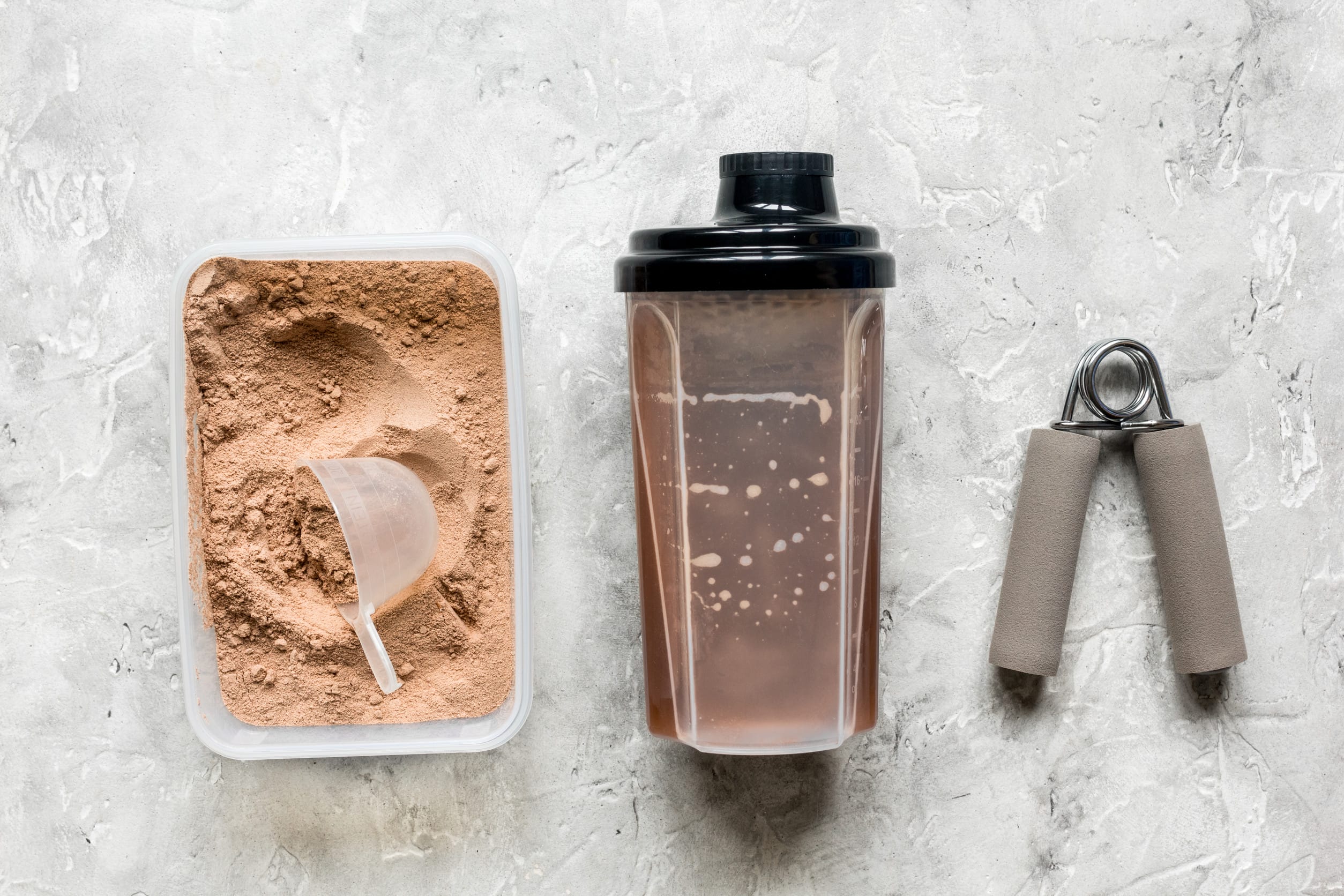Healthy eating has become a top priority for many, yet navigating grocery store aisles can be surprisingly tricky. According to a recent study by the International Food Information Council, 62% of consumers feel misled by food packaging claiming health benefits. Marketers are capitalizing on this confusion, slapping “low-fat,” “organic,” or “natural” labels on products that don’t always deliver on their promises. Some of these items, touted as healthy, are packed with sugar, unhealthy fats, or unnecessary additives. To help you make informed choices, we’ve compiled a list of the worst “healthy” products sold in grocery stores—and why you should leave them on the shelf.
1. Low-Fat Salad Dressings
At first glance, low-fat salad dressings may seem like a smart choice for cutting calories. However, most of these dressings are loaded with added sugars to compensate for the lack of fat, making them far from healthy. Additionally, fat is essential for absorbing fat-soluble vitamins from vegetables. Without it, your salad’s nutritional value diminishes. Instead of low-fat options, consider olive oil-based dressings or make your own at home for a healthier alternative. Always check the ingredient list to avoid unnecessary additives and sweeteners.
2. Fruit-Flavored Yogurts
Fruit-flavored yogurts are often marketed as a nutritious snack or breakfast option, but they’re usually sugar bombs in disguise. Many brands add high-fructose corn syrup or other sweeteners, turning a seemingly healthy product into a dessert. For example, a single serving can contain up to 20 grams of sugar, equivalent to five teaspoons. Opt for plain, unsweetened Greek yogurt and add fresh fruits or a drizzle of honey for natural sweetness. A report from Healthline highlights that Greek yogurt can have nearly double the protein with far less sugar compared to its fruit-flavored counterparts.
3. Veggie Chips
Veggie chips might sound like a wholesome alternative to regular potato chips, but most of these products are far from it. Despite their colorful appearance, many veggie chips are primarily made from potato starch and powdered vegetable flavoring. They’re often fried in unhealthy oils, negating any potential health benefits. A better option is baking your own veggie chips at home using fresh produce and healthy oils. If convenience is key, look for brands with minimal ingredients and no artificial additives.
4. Granola Bars
Granola bars are often perceived as a quick, healthy snack, but they’re frequently loaded with sugars and artificial preservatives. Many of these bars contain as much sugar as a candy bar, thanks to ingredients like chocolate chips, marshmallows, and sweetened dried fruits. Additionally, they can be high in calories and low in protein, leaving you unsatisfied. Instead, opt for bars with whole, recognizable ingredients like nuts, seeds, and minimal sweeteners. Or better yet, try making your own granola bars at home for a truly healthy snack.
5. Multigrain Bread
The term “multigrain” can be misleading, as it doesn’t necessarily mean the bread is made from whole grains. In fact, many multigrain breads are made primarily with refined flour, which lacks the nutrients and fiber found in whole grains. To ensure you’re getting a genuinely healthy product, look for bread labeled “100% whole grain” or “whole wheat.” Consumer Reports suggests checking the first ingredient on the label and avoiding loaves with added sugars and artificial ingredients. Making this switch can improve digestion and keep you fuller longer.
6. Protein Shakes

Image Source: 123rf.com
Protein shakes are a staple for many fitness enthusiasts, but not all are created equal. Many commercial protein shakes are filled with artificial sweeteners, synthetic vitamins, and low-quality protein sources. These additives can cause bloating, digestive issues, or even spikes in blood sugar levels. When choosing a protein shake, look for products with clean, minimal ingredient lists and no artificial additives. Alternatively, blend your own shakes at home using whole foods like Greek yogurt, almond milk, and fresh fruits.
7. Flavored Oatmeal Packets
Flavored oatmeal packets are another “healthy” product that often falls short. Many contain added sugars, artificial flavors, and minimal fiber, despite their “heart-healthy” marketing. A single serving can pack more sugar than a donut, leaving you with an energy crash later. Stick to plain, old-fashioned oats and add your own toppings, such as fresh fruits, nuts, and spices. This way, you control the ingredients and enjoy a truly nourishing breakfast.
8. Plant-Based Meat Alternatives
While plant-based meats are hailed as an eco-friendly alternative to traditional meat, many options are highly processed. They often contain ingredients like soy protein isolate, refined oils, and excessive sodium. According to The New York Times, some plant-based burgers have as much saturated fat as their beef counterparts. For a healthier option, choose minimally processed plant-based proteins like lentils, beans, or tempeh. These provide essential nutrients without the unnecessary additives found in many meat substitutes.
9. Gluten-Free Snacks
Gluten-free snacks are essential for those with celiac disease or gluten sensitivities, but they’re not always a healthier choice for everyone else. Many gluten-free products are made with refined starches like rice or potato flour, which lack fiber and nutrients. Additionally, they often have added sugars and unhealthy fats to improve taste and texture. If you don’t need to avoid gluten, stick to whole foods like fruits, nuts, and seeds for snacking. Always read the label carefully to make an informed choice.
10. Bottled Smoothies
Bottled smoothies may seem like a convenient way to consume fruits and vegetables, but many are loaded with added sugars and lack fiber. Even “green” smoothies often contain fruit juices or concentrates as their primary ingredient, spiking your sugar intake. A healthier alternative is blending your own smoothies at home with whole fruits, vegetables, and protein sources. If you must buy pre-made, choose brands with no added sugars and short, recognizable ingredient lists. This ensures you’re getting the nutrients without the unnecessary extras.
Share Your Healthy Tips!
Avoiding these deceptive “healthy” products can make a significant difference in your diet and overall well-being. Take a moment to inspect labels and opt for whole, minimally processed foods whenever possible. If you found this guide helpful, share it with friends and family to help them make smarter grocery store choices. Let’s start a conversation about what “healthy” really means. Together, we can all shop smarter and eat better.
Read More:
